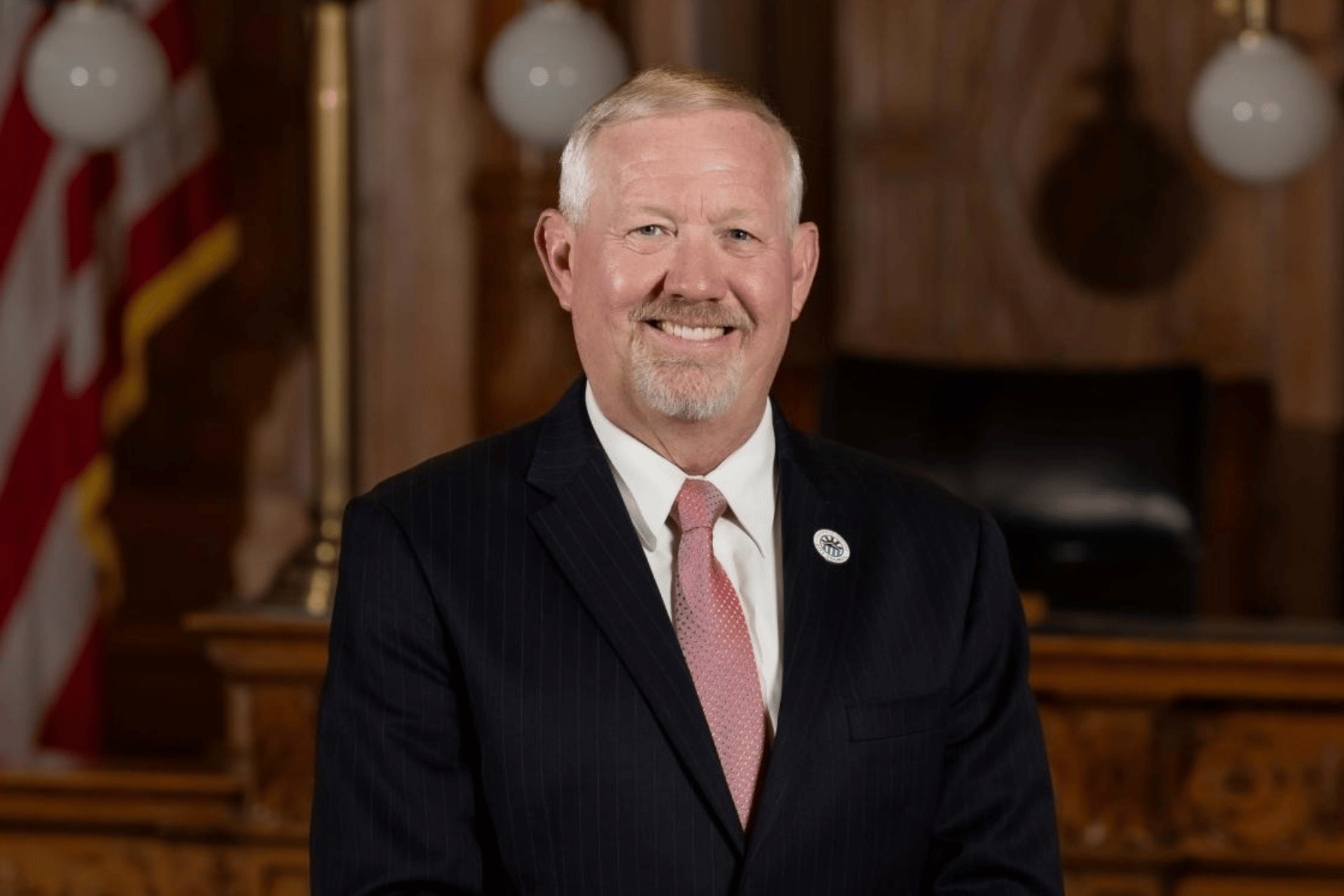
The organization campaigning to raise Colorado’s minimum wage submitted petitions Monday to the Secretary of State and claimed to have almost twice as many signatures as needed to put the issue on this fall’s ballot.
The measure calls for a gradual increase the statewide minimum wage to $12 an hour from the current $8.31 over the next four years.
The state's minimum wage is indexed to the Consumer Price Index, which means it generally rises a bit every year -- once during the recession it decreased by a penny. But campaign director Patty Kupfer says the CPI underestimates how much more expensive things like housing have become, hence the need to for the increase.
The minimum wage is "just not reflective of the actual cost of living in Colorado right now," says Kupfer. "We're sort of giving it the bump that it needs in order to get to a place that's more appropriate to where workers are now, as the starting floor."
The initiative calls for a $1 increase the first year and 90 cents a year until 2020. Then it will be indexed to CPI again.
Business groups are already organizing to fight the measure.
"Big corporations in wealthy areas in Denver and Boulder might be able to afford a 44 percent increase" in the minimum wage, said Tyler Sandberg, a spokesman for opposition group Keep Colorado Working. "Small businesses, rural, and poor communities cannot afford this."
But wage increase backers argue that employers will see an immediate benefit from the increase. Says Kupfer: "The extra money that this is going to put into workers’ pockets is going to be spent right here in Colorado at those very same businesses."
It's likely the minimum wage increase could be sharing the ballot with a lot of other issues. More than a half-dozen other initiative campaigns are still collecting signatures, and one high profile effort has already been approved; the ColoradoCare measure was certified for the ballot last November.
With an estimated $38 billion-a-year price tag, ColoradoCare would create a first-in-the-nation system to replace the Affordable Care Act. A state tax on workers and businesses would pay for it, eliminating the need for insurance premiums and deductibles.
Some ballot measure campaigns have already called it quits. Among them are Colorado Priorities, a group backing a ballot measure that would have eased a revenue cap on state government. And a Colorado business coalition has withdrawn ballot initiatives that would have asked voters for more investment in roads, bridges and highways.









